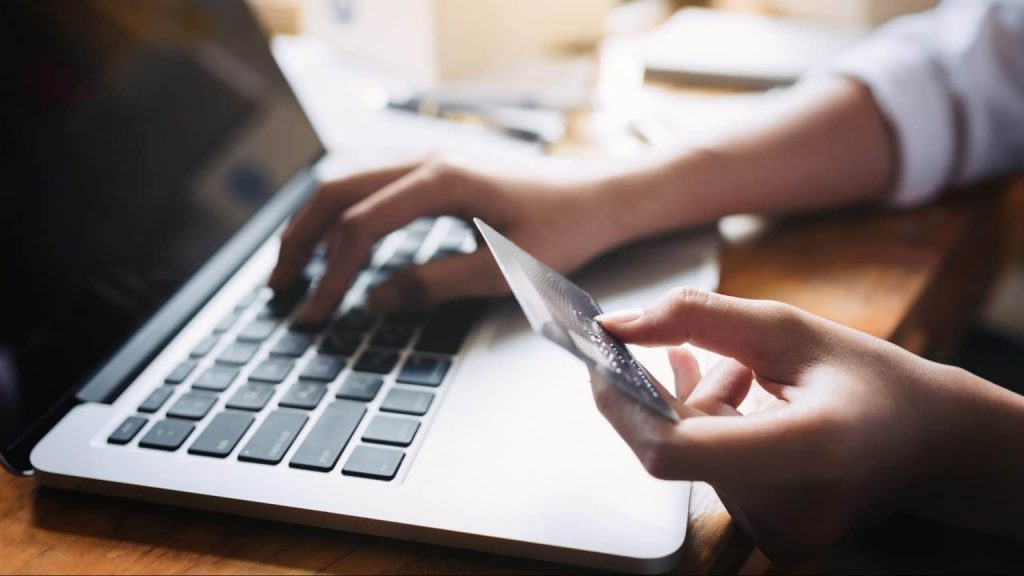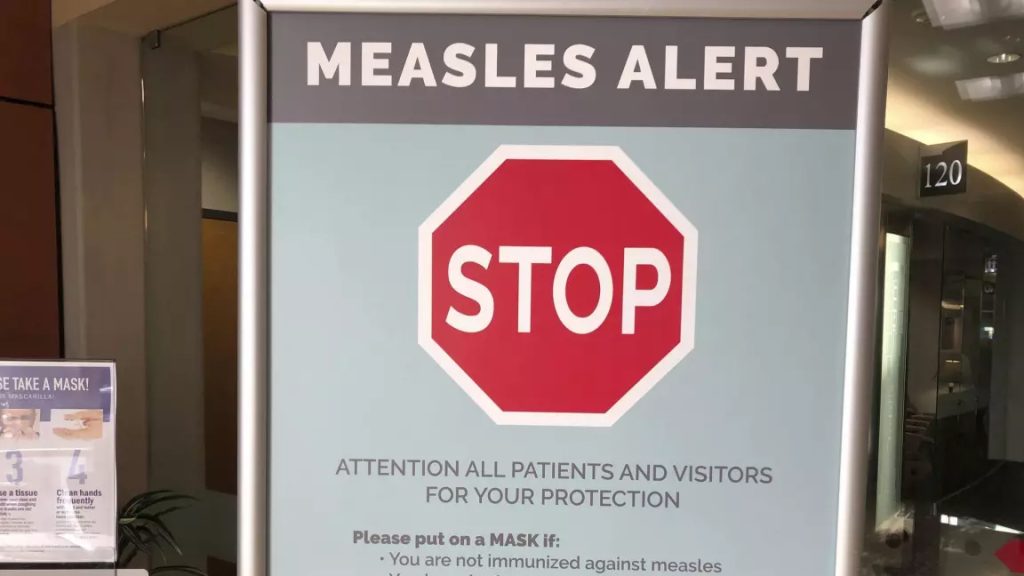Expert outlines common scams and how to protect yourself

Posted Apr 25, 2022 1:19 pm.
It appears as though scammers are always figuring out new ways to steal your money.
Dr. Tom Keenan, author of the book Technocreep and someone who has done extensive work on scams and cyber security, tells CityNews scams have been around for a very long time.
“Scams are nothing new, they are driven by two things in my opinion: One is fear and one is greed,” Keenan said. “If Canada Post says you have a package and it needs to be tracked, you have a fear that you’re going to miss your package. If somebody says they’re a Saudi prince and they want to give you a whole bunch of money, then your greed kicks in.”
Keenan, who is also a professor at the University of Calgary, says it’s impossible to talk people out of their fear and greed because it’s human nature to feel that way. That’s why he’s focused on educating people on how to recognize when they are being taken advantage of.
READ MORE:
-
Vancouver businessman David Sidoo faces new fraud allegations
-
Chasing a romance scammer across the country
-
Crypto currency scams on the rise in B.C.
He stresses there is a huge risk to your pocketbook if scammers get a hold of your financial information. However, he says there is a benefit to using your credit card over your debit card wherever possible.
“I always tell people, use credit cards because then it’s the bank’s money, not your money,” Keenan said. “With your debit card, they could empty your entire account, they could mortgage your house or something.”
In a recent survey from Interac, which polled 1,700 adults across the country, 86 per cent of Canadians say they are tired of dealing with fraud attempts, and 38 per cent say they have already encountered a fraudster that knows their personal information such as their name, their address or their date of birth.
Common scams
Keenan says a common scam he often hears about is one where scammers impersonate a police officer. In such instances, he says someone calls you claiming to be with the police, tells you that your card has been compromised and that you should contact your bank right away by calling the number on the back of the card.
“People think, ‘that’s fine because the number is on the back of my card,'” Keenan said. “What they don’t know is a quirk in the telephone system means that when you hang up, the call is not necessarily disconnected. So the person is on the other end, listening to you have this conversation with your bank.”
He says in a situation like this, you’d likely have given your bank all the information a scammer needs to commit identity theft. Although your bank may say everything is fine at the time, the scammer can then make their move. Keenan says the best way to protect yourself against these types of scams is to wait for a while before checking in with your bank after receiving a suspicious call.
READ MORE:
-
Alberta licence plate sticker scam prompts warning
-
Calgary man facing charges in B.C., Alberta romance scams
-
BBB warns of Facebook, Instagram hacking scams
In addition to their prevalence, Keenan says scams continue to get more sophisticated as the years go by. To illustrate the lengths to which some scammers are willing to go nowadays, Keenan points to a friend of his whom he considers “very intelligent” who was swindled out of $13,000 in a Bitcoin con.
“They didn’t just send him an email. They actually assigned him an account representative, he was talking to what he thought was a human being in Toronto or something like that, turned out the person was probably in another country. He borrowed this $13,000 and they stole it,” he explained.
Keenan says scammers must have spent three hours cultivating his friend’s attention, even going so far as to showing him his supposed profits on a webpage that looked convincing and legitimate.
“$13,000 for three hours work, there’s money in it for the scammers and that’s why they do it.”
According to the Canadian Anti-Fraud Centre, victims of fraud reported nearly $380 million lost to scams in 2021.
Protecting yourself
Keenan recommends keeping your birthday to yourself whenever possible, even encouraging the use of fake birthdays when making accounts on various websites and apps. He says your government and your bank are legally entitled to know your date of birth and your friends and family would likely know as well.
Interac says nearly 25 per cent of Canadians surveyed don’t scrutinize the information they post online. Keenan adds, generally, you should be stingy with your information, saying you should not give out any information that you don’t have to and that you don’t always have to tell the internet the truth about who you are. He also says to be extremely suspicious, adding the best way to ensure you aren’t being scammed in many cases is to be the one that initiates the interaction.
“Reach out to someone else. If you want to buy a travel package, call a travel agent or call an airline,” Keenan said. “Don’t take that phone call that comes in or that email that comes in, because you didn’t initiate it.”
Using two-factor authentication (2FA) whenever possible is also a great defence mechanism against scammers. According to Interac, two-thirds of Canadians use 2FA when they can. Though Keenan says it’s not perfect, he notes it’s an extra layer of security that you wouldn’t otherwise have. 2FA is especially handy because it can also act as a makeshift alert system if your account is being accessed by someone else.
READ MORE:
-
COVID-19 pandemic created optimal environment for cyber criminals, ransomware attacks: expert
-
Hello, goodbye. Canada’s telecom companies to crackdown on ‘nuisance’ callers
-
Those back-to-school tech deals might be too good to be true: BBB
“That at least means that if somebody has just cracked my password for my banking or something — unless they also have mugged me and taken my phone away — they are not going to be able to do the second factor,” Keenan said.
Keenan admits that 2FA is not an unbreakable security measure, however, he says the chance of someone bypassing 2FA is much slimmer than you think.
“There might be really elite hackers who can get into my phone and redirect my calls,” Keenan said. “I’m not that worried about them.”
Keenan says there aren’t many hackers of that caliber around, and banks are known for paying money back to victims of these types of security breaches.
Fraud prevention
“Banks have whole buildings full of fraud detection people,” Keenan said.
He says banks and credit card companies are always on the lookout for suspicious activity on your cards. He uses an example of someone buying a small amount of gas at one gas station and then driving to another gas station to fill up the rest of their tank.
“Odds are that you’re going to get a call from Visa or Mastercard security,” Keenan said. “That actually happened to me, because the pump ran out of gas so I went to the next one, and I said to them no it’s fine I actually did buy gas twice in the same few minutes.”
RELATED ARTICLE: Fraud fatigue: Canadians sick of scammers
People are also being reminded to keep an eye out for credit card skimmers at gas stations and bank machines. Skimmers are devices attached to the card reader slot by scammers to copy your card information. To be extra sure you aren’t using a card reader with a skimmer at a gas station, Keenan says to try and use the pump closest to the gas station attendant, as it’s more difficult for scammers to install and monitor that pump with the attendant so close by.
“There’s all these tiny little things,” Keenan said. “I spent half my life collecting them and trying to share them with people, but every day I’m surprised, every day something new comes out, so we’re going to keep having this conversation.”
–With files from Haley Jarmain, Kenny Mason, Dean Recksiedler & Hana Mae Nassar








